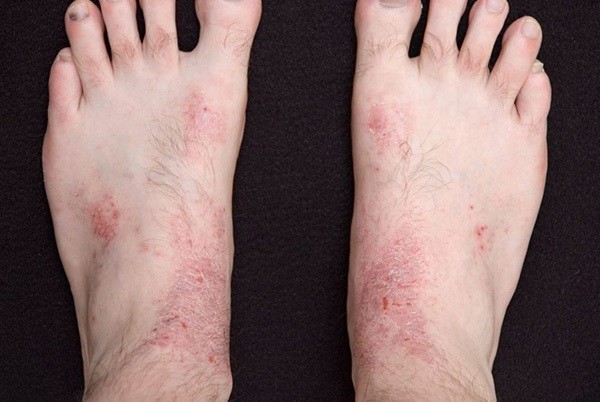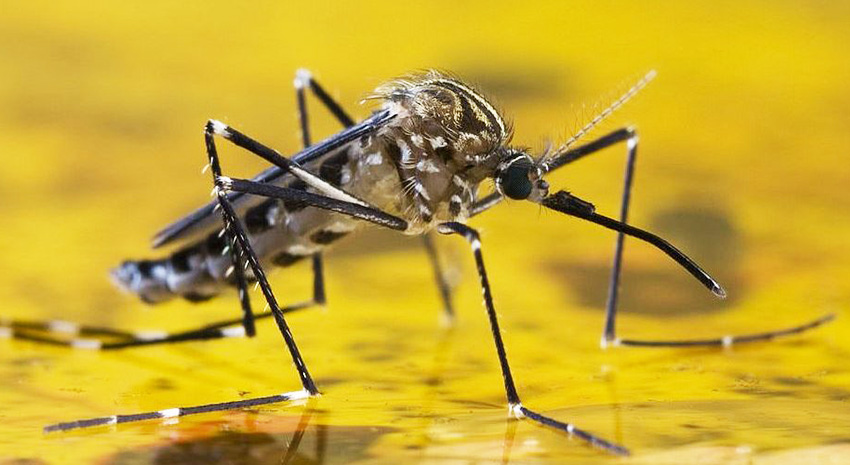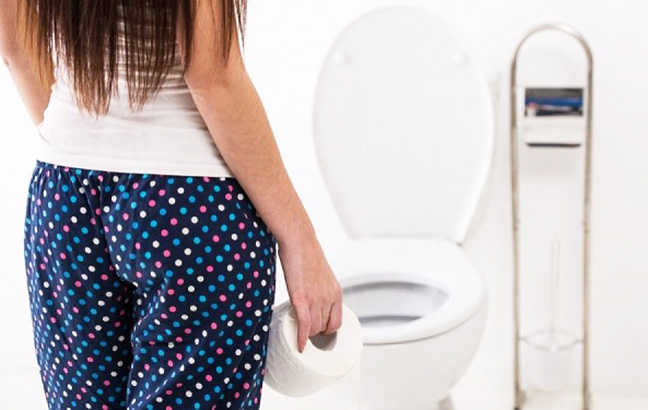For a lot of individuals, developing measles is not a serious matter. Sure they may have fever, cough, runny nose, watery eyes and rashes for a few days, but that’s it — measles tend to get better on its own. However, measles can be a problem that’s serious for some people as it may lead to complications.
Did you know that just because there’s a measles outbreak doesn’t mean that everybody will have measles?
Some people do not develop measles because they are already immune to it. In other words, their bodies have learned to fight off the virus responsible for it. There are a couple of reasons why some are immune to measles:
- They had measles in the past
People who had measles when they were younger are immune to measles for as long as they are breathing. Not really sure if you already had measles when you were just a kid? Ask your parents or check out your medical records.
- They received two doses of the measles vaccine
The measles vaccine, also known as the MMR vaccine, is usually given to children who are 12 to 13 months old. Before they enter school, another dose is given. The MMR vaccine is almost 100 percent very good at preventing measles.
Not really sure whether or not you are immune to measles? Then take a look at the following things that you may do to have your risk of getting it considerably lowered:
Get Vaccinated
It’s perfectly fine for you to get vaccinated especially if you believe that you didn’t get two doses of the MMR vaccine when you were just a child. According to health authorities, you should get both doses of the MMR vaccine, separated from one another by not less than 28 days.
Unfortunately, pregnant women and those whose immune systems are weakened or compromised are not good candidates for the MMR vaccine because of the risks. However, they may ask their doctors about HNIG, which stands for human normal immunoglobulin. HNIG gives immediate, although short-term, protection against measles.
Put on a Surgical Mask
Just like what’s mentioned earlier, it can be very easy for the measles virus to move from one person to the other, and that’s why measles can easily spread.
In order to lower your risk of becoming infected, it is a good idea for you to put on a surgical mask especially if you are living with someone who has measles or you are outside your home and there’s a huge possibility for some of the people you will be coming into contact with to be suffering from measles.
Avoid Touching Your Face
Health authorities say that the measles virus can live outside the human body for up to a couple of hours. This only means that it’s very much possible for that doorknob, bus handrail or flush lever to be harboring the measles virus if some of the droplets from the nose or mouth of an infected person are sprayed on them after sneezing or coughing.
In order to keep the measles virus present on objects or surfaces from attacking your body, refrain from touching your nose, mouth and eyes. This is most especially true if you believe that your hands are dirty or contaminated because of touching things that may be tainted with the measles virus.
Wash Your Hands
You should definitely wash your hands with soap and water after touching something that could be harboring the measles virus. Go for soap with antimicrobial properties just to be safe. The Centers for Disease Control and Prevention or CDC recommends for you to wash your hands for at least 20 seconds.
Fret not if you cannot wash your hands with soap and water all the time — all
you have to do is stash a small bottle of alcohol-based hand sanitizer in your
pocket or bag and use it as necessary.








